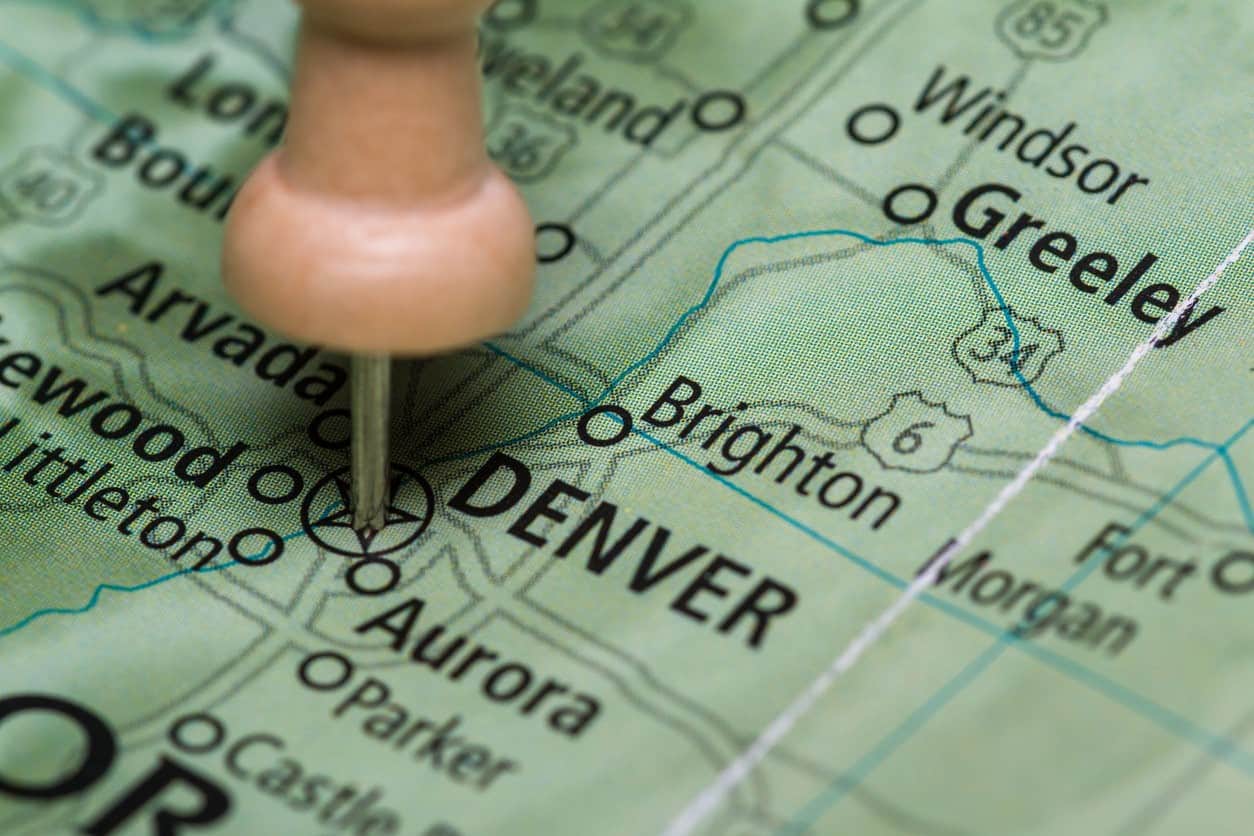How Social Media Evidence Can Hurt Your Denver Criminal Defense Case
September 26, 2025

Another Big DUI Bust during the Holidays in Colorado
Dissolution of Impact Unit Could Lead to More Property Crimes
At the beginning of this year, President Obama started a conversation about the consequences of the War on Drugs by commuting a record-breaking number of low-level drug offenders. Many of these offenders were put away for decades on drug trafficking charges when the powers that be believed that the only answer to our drug epidemic was incredibly harsh penalties.
The country is changing, though. More and more states are decriminalizing or even legalizing marijuana in one form or another. The public opinion pendulum on drug use has swung back the other way again, and people in general are far more okay with it than they’ve been in decades. Because of this, it can be easy to forget about the War on Drugs and feel like we’ve moved past that and drugs won’t get you in much trouble.
Do not fall into that trap. There are plenty of drug offenses still considered serious crimes, and they tend to come with extreme penalties. Take, for example, drug trafficking. This is a crime that is taken so seriously that in some cases if you flee to another country to avoid prosecution, you can be extradited back to the U.S.
Below, we’re going to talk about one such case.
Although the nation has been looking to Colorado to examine how legalization has increased the drug trafficking of marijuana throughout the country, there are other drugs making headlines in our state.
Over the past five years, Denver has become a hot spot for heroin. The drug is often brought in through Mexico and then distributed throughout the state, and it’s had a big impact on Denver citizens and their families.

In August, Denver police made a large heroin bust through “Operation Muchas Pacas,” a yearlong effort to catch heroin and other drugs coming from Sinaloa, Mexico to Denver. The bust focused in on two big traffickers, Jose DeJesus Bernal-Zamora and Jose Martin Calderon-Perez, but resulted in 27 total indictments, a majority against midlevel couriers and distributors. Over 47 pounds of heroin, 1 pound of cocaine, 11 weapons, and over $218,712 in drug money were also seized during the operation.
Those involved may face federal charges and, if convicted, decades in prison for their crimes. At the time of the bust, law enforcement was still looking for additional known players who were suspected to have fled the country.
If the suspects did flee the country, they will be considered fugitives. If they are found fleeing from justice, not only will they face increased criminal penalties (and fewer rights than individuals who did not flee), but they may also be extradited.

For example, if one of the indicted individuals in Operation Muchas Pacas is found in Kansas, the individual may be extradited to Colorado. Colorado would make a request to the state of Kansas that the person is extradited back to Colorado so that trials can begin.
If the person is caught, there will be additional hearings concerning whether or not the person should be extradited. Most likely (since the charges against those indicted in Operation Muchas Pacas are very serious), the person would then be required to go back to Colorado, or be sent straight to federal court.
In the event that someone is found in another country, the process will go according to the treaty that the nations have previously signed regarding extradition. In Operation Muchas Pacas, the indicted individuals are being charged with drug trafficking, so they are eligible for extradition. The treaty between the United States and Mexico (the source of the heroin in Operation Muchas Pacas) can be found here.
Any individual wanted for a crime has the constitutional right to things like a fair trial and a defense attorney. However, fleeing the country does make some exceptions for fugitives that do not work out in their favor.
For example, the statute of limitations freezes when someone is extradited. You cannot stay in another state for a few years after a warrant is issued for your arrest, then come back after the traditional statute of limitations runs out.
The sooner that someone goes back to the jurisdiction where the crime was committed, the better: the longer someone is on the run, the more effort law enforcement will make to find them, using tactics like sharing the fugitive’s mugshot throughout the state or putting their name all over social media.
If you have been arrested or fear that you may be arrested on drug trafficking crimes, contact a Colorado drug crimes attorney immediately.
About the Author:
Denver-based criminal defense and DUI attorney Jacob E. Martinez is a knowledgeable and experienced litigator with a record of success providing innovative solutions to clients facing criminal charges of any severity. Mr. Martinez has been designated a Top 100 Trial Lawyer by the National Trial Lawyers and has been awarded both the Avvo Client’s Choice Award and Avvo Top Attorney designation, evidencing his reputation for his exemplary criminal and DUI defense work and high moral standards.